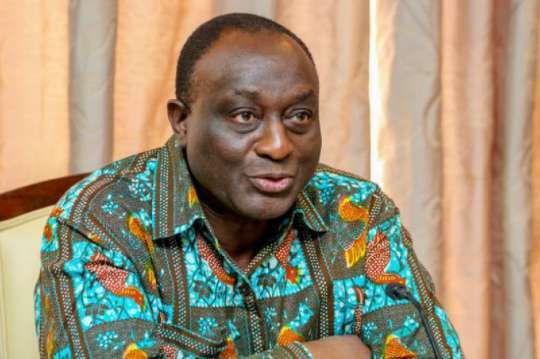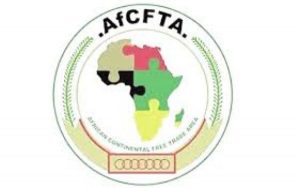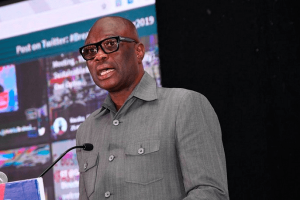The Minister of Trade and Industry, Mr Kwadwo Alan Kyerematen, says the private sector could drive the country’s economic recovery efforts following the ravages of the COVID-19 pandemic.
He, therefore, underscored the need for government to provide the requisite support and incentives to the sector for it to become the hub of production in the sub-region.
Speaking at the maiden Presidential Business Summit 2021 in Accra on Tuesday, Mr Kyerematen, said the private sector played a pivotal role in the production of personal protective equipment and sanitizers when the COVID-19 pandemic broke out in Ghana in March last year.
This he said, was imperative to support and sustain the sector through various inputs and policy formulation to enable it to be the engine of economic growth and wealth creation.
He believed that a well-performing private sector would increase Government’s tax mobilization efforts, create jobs for the teeming youth and propel the “Ghana Beyond Aid” agenda forward.
The maiden Presidential Business Summit was officially opened by President Nana Akufo-Addo.
The event is to provide a platform for dialogue between the government and the private sector to discuss matters of interest that would feed into government policies and preparation of the 2022 Budget.
It will also enable the stakeholders to discuss opportunities and challenges posed by the COVID-19 pandemic and proffer actionable solutions towards accelerating economic recovery.
The two-day summit is being coordinated by the Ministry of Trade and Industry in collaboration with other selected Ministries, Departments, and Agencies, under the auspices of the Office of the President.
The event, on the theme: “Public-Private Dialogue on the Role of the Private Sector in Ghana’s Post Covid-19 Economic Recovery,” attracted Ministers of State, heads of public and private sector institutions, captains of industry, civil society organizations, and the Diplomatic Community.
The dialogue and plenary discussions focused on five thematic areas, including: Fiscal and Non-Fiscal Incentives to Support Production and Private Sector Development, Foreign Exchange Regulation and Currency Stability, Access to Finance and Cost of Capital, and Energy-Pricing, Availability, Access, and Reliability.
The breakout sessions delved into seven economic sectors namely; Agriculture and Agribusiness, Manufacturing, Construction, and Mining, as well as Financial Services, Information and Communication Technology, and Transport and Logistics.
A Deputy Minister of Finance, Mr John Ampontuah Kumah, noted that the private sector was the fulcrum of the engine of growth and could aid the country to navigate the pandemic.
He said the Ministry would take on board the ideas and innovative suggestions that would emerge from the summit towards the preparation of the 2022 Budget and formulation of policies.







